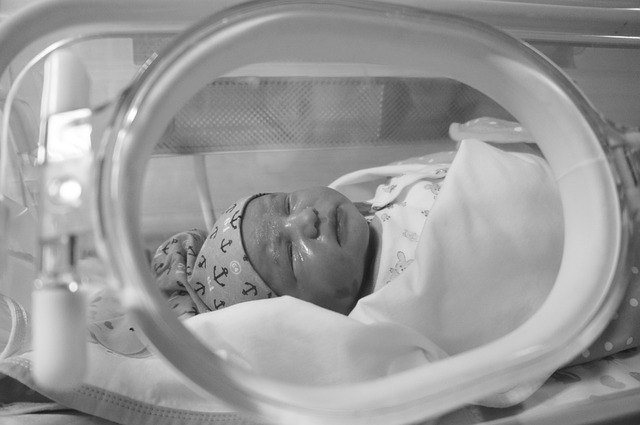This study focuses on protecting babies in the neonatal intensive care unit from Staphylococcus aureus.
Staphylococcus aureus (S. aureus) is a bacterium that can be found on human skin. Infections with S. aureus can be serious and life-threatening, making it a significant concern in the neonatal intensive care unit (NICU).
A recent study investigated whether treating parents of babies in the NICU for S. aureus would reduce the spread of this potentially fatal bacteria. All newborns had been tested for S. aureus prior to the start of the study. Each newborn had at least one parent who had been tested positive for S. aureus. Parents in the intervention group were treated with intranasal mupirocin ointment and cloths containing chlorhexidine gluconate.
Out of 190 newborns, 74 tested positive for S. aureus after 90 days; 42 out of 74 tested positive for the exact S. aureus strain that their parent tested positive for at the beginning of the study. There was a significant reduction in cases of S. aureus in newborns whose parents were treated – approximately 45% infection rate in the placebo group, compared to approximately 31% infection rate in the infants whose parents were treated.
This study suggests that treating parents can help to protect babies in the NICU from S. aureus infections; further research is needed to support these findings.
Written by Laura Laroche, HBASc, Medical Writer
References:
Milstone, Aaron M., MD, MHS, et al. “Effect of Treating Parents Colonized with Staphylococcus aureus on Transmission to Neonates in the Intensive Care Unit”. JAMA. December 30, 2019. Online.
Staphylococcus aereus. 2019, https://apic.org/monthly_alerts/staphylococcus-aureus/, assessed January 2nd, 2020.
Trial suggests babies in intensive care can be better protected from parental bacteria. 2019, https://www.eurekalert.org/pub_releases/2019-12/jhm-tsb123019.php, assessed January 2nd, 2020.
Image by engin akyurt from Pixabay



